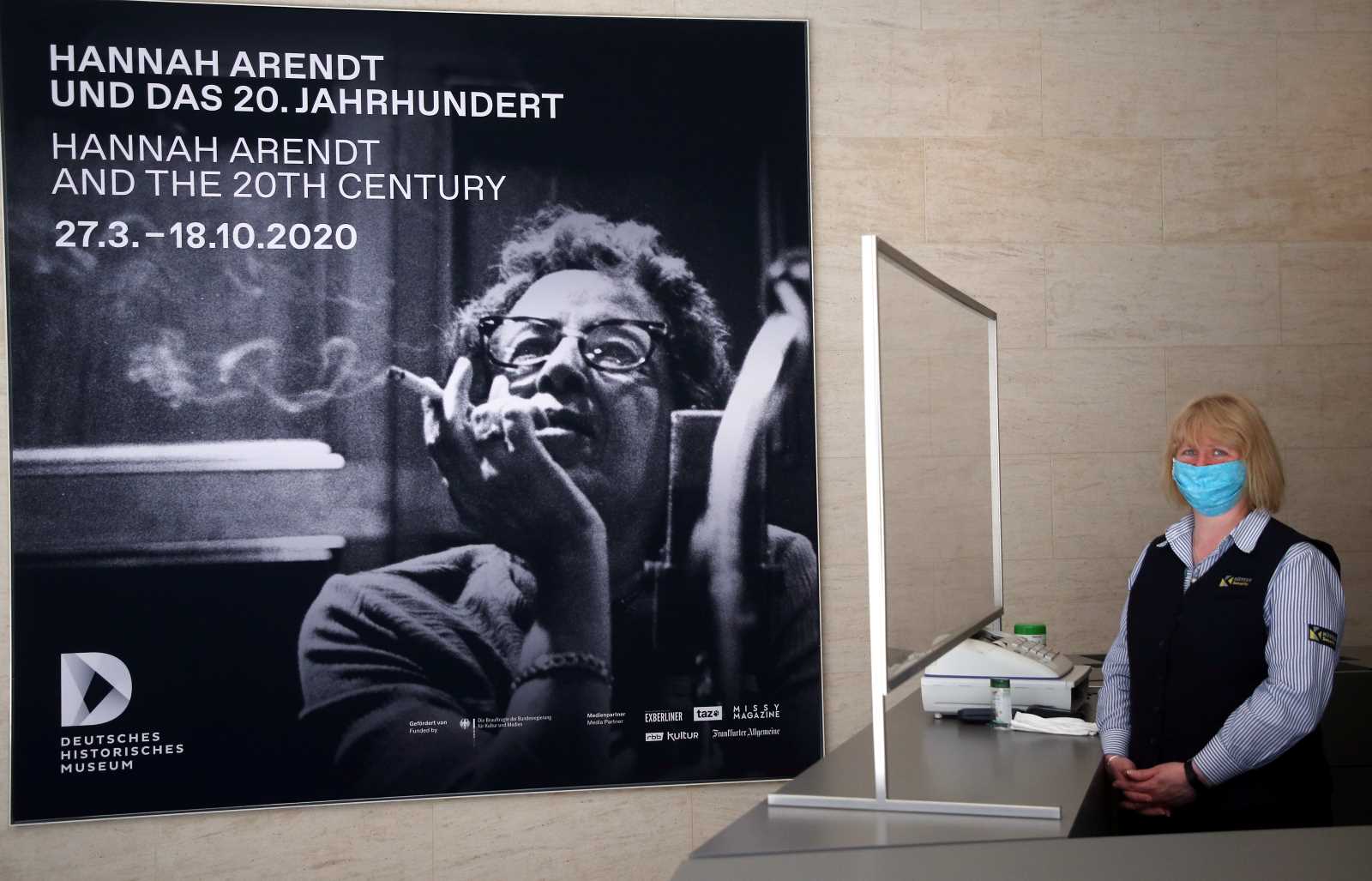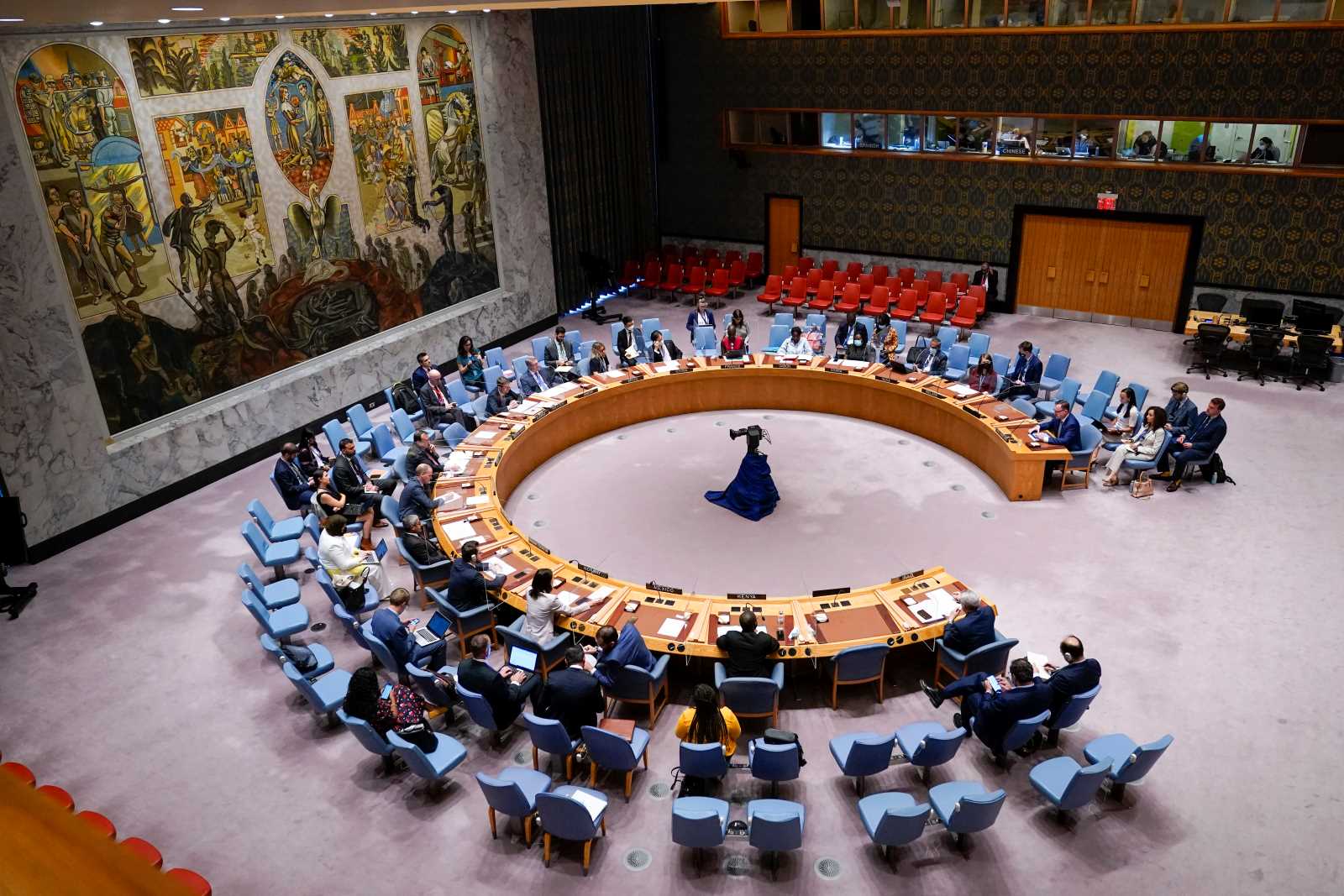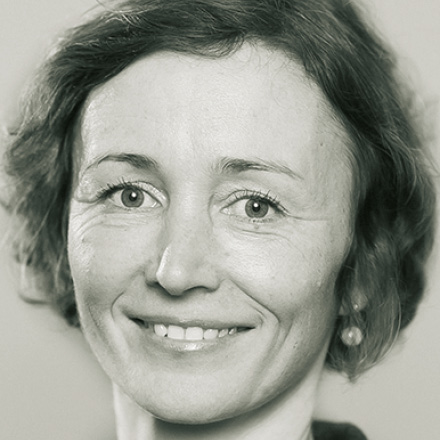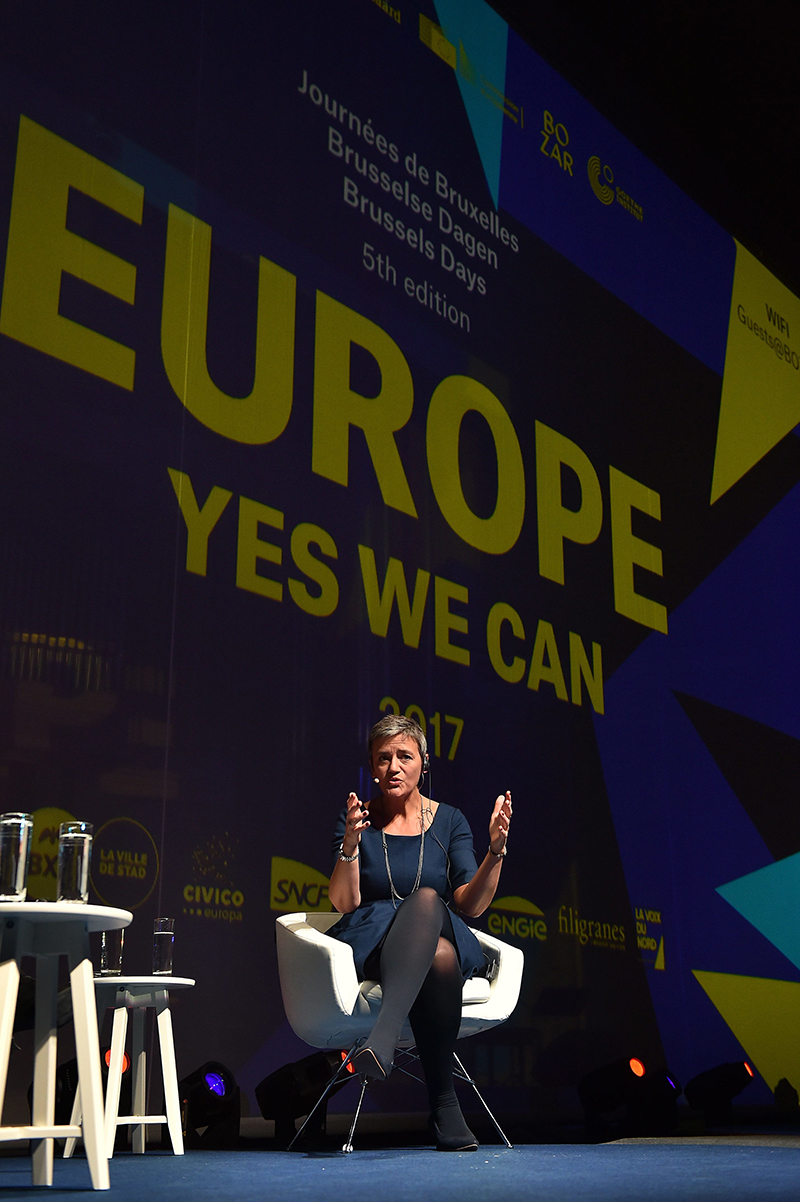Civil society
G8 nations at fault
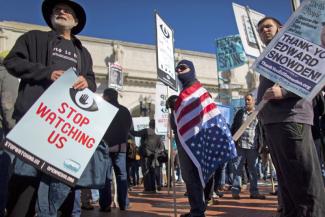
The US administration’s programme of global electronic surveillance poses a threat to free speech around the world, argues HRW in its 2014 World Report. Apart from infringing on individual privacy, the practice may encourage governments with a poor record of free speech to spy on their own citizens and limit online communication.
The unbridled electronic spying "has largely eradicated the right to privacy in a modern world that virtually requires electronic communications," Ken Roth, HRW’s executive Director said in Berlin. He warned that the USA was setting the wrong example. Recent announcements by President Barack Obama to modify the surveillance policy are not enough, Roth added.
He demanded that the US administration find a balance between protecting individuals’ right to privacy with the need to protect society. He pointed out, moreover, that the White House hasn’t shown that collecting data has in any way stopped terrorist acts. HRW also criticised governments that enforce the rule of law for failing to offer whistleblower Edward Snowden protection from espionage prosecution in the US. "This has allowed Russia, which granted temporary asylum to Snowden, to recast itself as a champion of privacy rights." Roth regrets in particular that this happened at at time when repression under Russian President Vladimir has been the "most severe since the Soviet era".
HRW points out that the Russian government has intensified anti-gay rhetoric and violence by passing a law banning positive portrayals of lesbian, gay, bisexual or transgender (LGBT) relationships. Moreover, it passed legislation that treats non-governmental organisations like spies. Torture and "disappearances" have become common it Russia’s fight against Islamist insurgents in the north Caucasus, HRW adds, and draconian measures have been taken against Putin’s critics.
Another problem, according to HRW, is the inhumane treatment of migrant construction workers at the site of the February Olympic games in Sochi, including low pay or non-payment, long working hours and poor living conditions. Putin’s recent release of political prisoners Mikhail Khodorkovsky, members of the Pussy Riot band and Greenpeace activists was seen as an attempt to clean up the Russian president’s international reputation before the Olympics. In Roth’s eyes, the good news is that Putin is apparently not immune to pressure from the global community.
Such pressure, according to Roth, is now needed to bring about a resolution in the UN Security Council, forcing Syrian President Bashar al-Assad to open borders to aid workers. Russia and China had "neutered" the Security Council, obstructing calls for international criminal investigations of events in the war-torn country, even though "the atrocities in Syria are not an unfortunate byproduct of the war". Roth said Assad was following
a "strategy of war crimes" (please also note news item "in brief" on p. 50).
He praised the international community for acting more responsibly to confront the slaughter of people in the Central African Republic and South Sudan (see essay on page 82 f.). Guided by the Responsibility to Protect (R2P) doctrine, the African Union, the UN and various countries have stepped in to bolster peacekeeping forces in the strife areas. More could be done however, Roth said.
In other trends, 2013 saw a rise in the abuse of democracy, dubbed "abusive majoritarianism". In a number of countries, majority-supported rulers used their
power to suppress the rights of minorities, dissidents and the rule of law. In Egypt, both the Muslim-Brotherhood-led government and its military topplers turned to authoritarian measures that did not uphold the basic principles of democracy (please note comment on page 87).
In Roth’s view, the EU must reform its policies on immigration and the treatment of asylum seekers. He noted that some governments have prioritised stopping boats full of refugees from Africa over saving lives. The EU should stop treating the first country of arrival as the adjudicator of claims, he said. Roth expressed concern because of a global trend of growing intolerance for minorities.
Ellen Thalman
